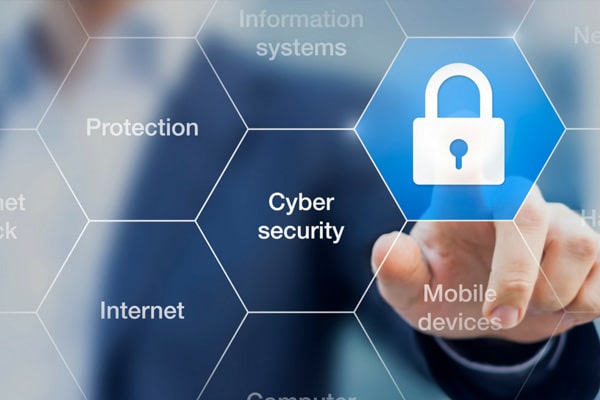
Data Security and Cyber Hygiene
Technology makes it easier to collect, catalogue and analyse data; hence, ever more electronic data is being captured during evidence collection. Care and diligence are needed to keep this data secure if it is to be accurate and useful. Storage is abundant and getting cheaper by the day. Surveyors should therefore understand how to archive and catalogue data with a view to its re-use for reference or precedent analysis. All steps must be taken to keep the data safe and secure from cyber predators.
A sound data security plan is built on four key principles: identify and catalogue, scale down, lock it and housekeeping.
Identify and Catalogue
Know what case data and information you have in your files and on
your computers.
Housekeeping
Properly dispose of what you no longer need.
Scale down
Keep active only what you need for your current assessments. Historical
files can be archived - and easily brought back if you have properly
identified and catalogued them.
Lock it
Protect the information you keep. Consider encryption and avoid
free online storage services. Back up information securely and off
site.
Marine surveyors need to keep up to date with changes to technology. New reporting methods include audio-visual clips becoming the norm. Phone apps are being used to let emergency response teams decide what needs to be done promptly. Video conferencing from the site of a casualty is bringing the ships into boardrooms for effective emergency response and evidence collection.
Social media generates, and places in the public domain, a plethora of data, including images, video clips and opinions relating to a current or recent incident. Ensuring confidentiality is now more difficult than ever before.
Even so, written evidence is expected to continue to be demanded from surveyors, just as sails and bicycles remain popular in modern society. The best way to present a written report is to use no more than two paragraphs per page with captions under them. Include transcriptions or summaries of testimonies and hand-recorded transcripts, which are admissible in court.
Technological developments are shaping the future of how independent surveyors collect evidence and deliver reports. These reports, whether for clients' or court use, are considered the main product of surveyors' efforts. Different evidence collection techniques will shape the reports of the future.
About the Author
Captain Zarir S. Irani
An OCIMF-accredited OVID inspector and eCMID auditor, Regional Director of the International Institute of Marine Surveying (IIMS) as well as member of the IIMS Board of Directors. He is also Regional Director of the Antigua and Barbuda Maritime Flag Registry, and Director of Constellation Marine Services. Pradeep Luthria is a senior technology management professional with global experience. His domain areas are oil and gas, shipping, logistics, ports and free zones. He is a senior cyber security consultant of Vulnerability Audits.
